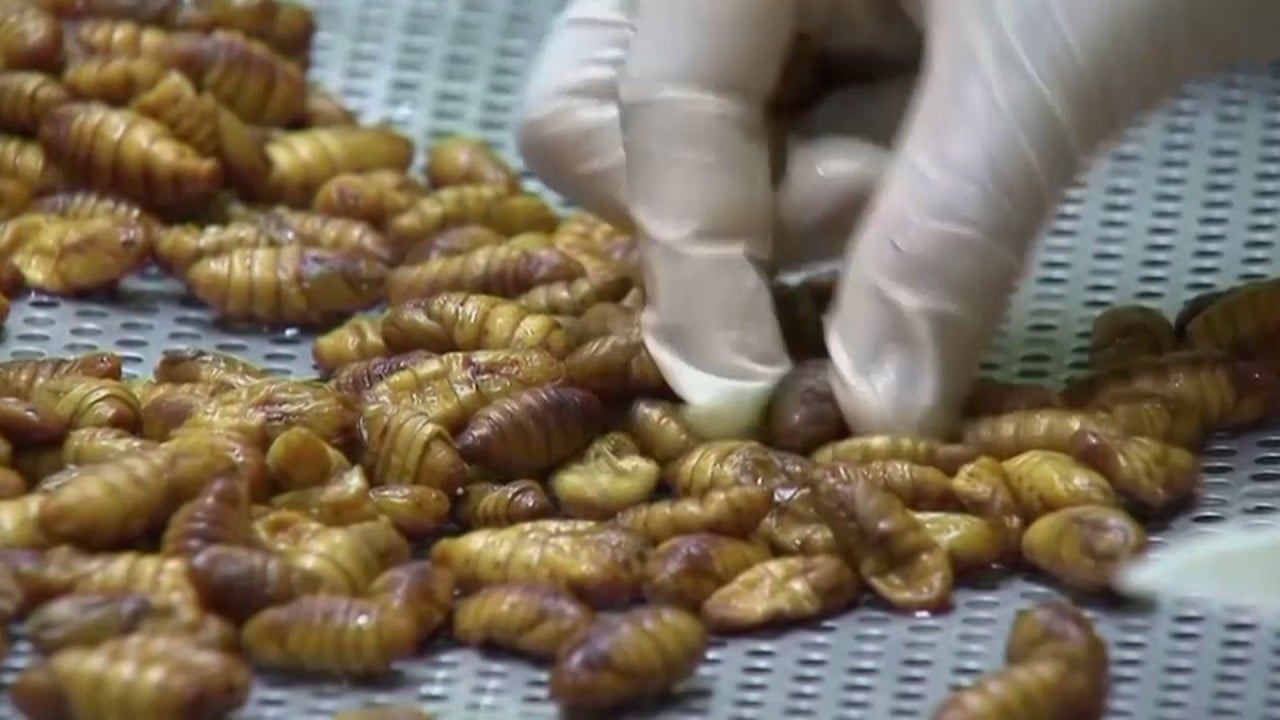Chinese diet shift to more meat, fewer grains may cost US$14 billion in health spending
Scientists say amid China’s healthcare system development and reform, ‘transitioning to a plant-based diet will be crucial’

By 2030, Chinese residents’ spending on medical services is projected to increase by almost 100 billion yuan (US$14 billion) because of a shift in diet towards consuming more animal products.
Researchers found that between 1992 and 2021 Chinese dietary changes – characterised by moving from a primarily grain-based diet to incorporating more animal products – were associated with greater food-borne health expenditure.
And this trend, which is also reflected globally, is only expected to continue over the coming decades, according to their paper published in Nature’s Humanities and Social Science Communications peer-reviewed journal on September 14.
“With China’s population shifting toward a high-protein, high-fat dietary structure, food-borne personal medical cash expenditures will increase by 95.28 billion yuan in 2030,” the team from the Chinese Academy of Sciences and Central China Normal University wrote.
While food-related per capita healthcare spending is projected to fall, state financial and total healthcare expenditure is expected to rise by 18.76 billion yuan and 17.67 billion yuan respectively, according to the paper.
The increased investment in healthcare as a result of dietary burden was “hindering the economic progress of the country and its residents toward affluence,” the researchers wrote.
China is the world’s largest consumer market for meat, however in per capita meat consumption it still significantly lags behind countries such as the United States and Australia.
However, meat consumption is rising in China, making it not only a concern for meeting demand and protecting the environment but also for the health and medicine sectors.

